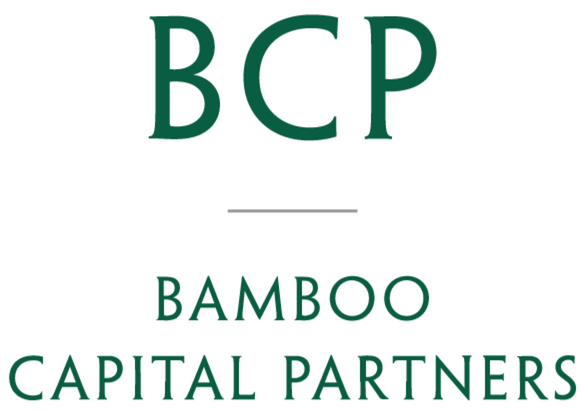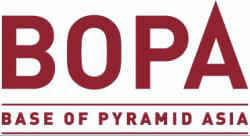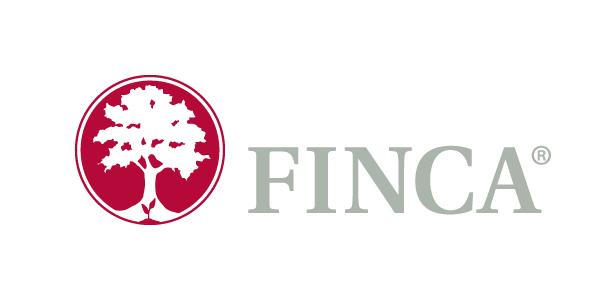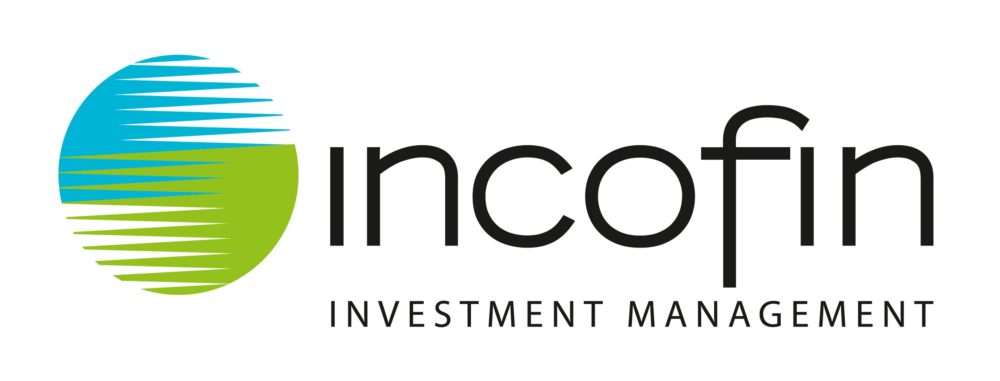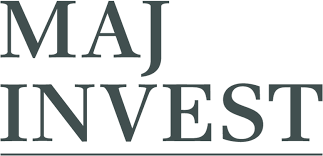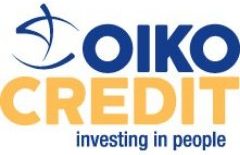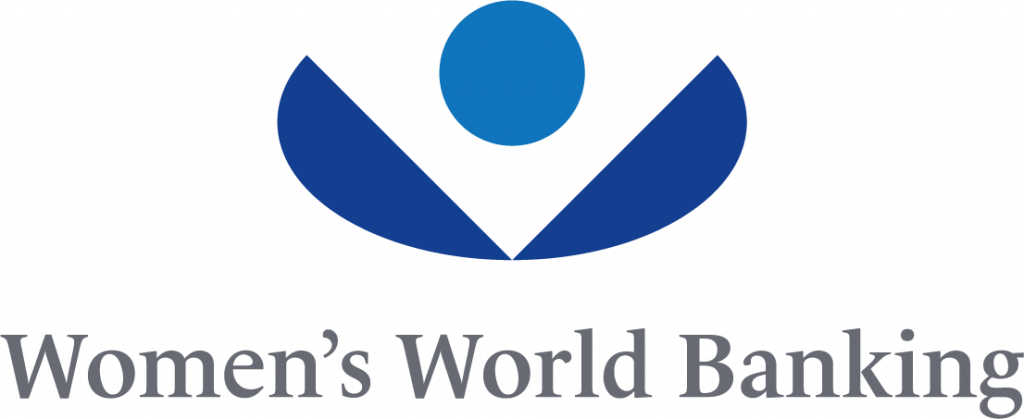About
The Financial Inclusion Equity Council (FIEC) is the first membership organization to bring together the leading entities that make equity investments in financial inclusion throughout the developing world.
The Financial Inclusion Equity Council (FIEC) has, for over a decade, brought together the leading entities that make equity investments in financial inclusion and beyond in the developing world.
Our mission is to strengthen the financial inclusion industry and advance the expansion of commercial financial service providers by helping FIEC members deepen their relationships with their investees, enhance the performance of their investments and develop best practices and standards. Our members are leading entities making active, long term, and sustainable equity investments in institutions focusing on under or un-served clients, with the goal of achieving greater financial inclusion. The Financial Inclusion Equity Council aims to be forward-looking and continuously learn and evolve as the industry changes. The Council promotes responsible impact investing in financial inclusion, and looks to improve transparency.
FIEC primarily focuses on issues related to good governance, providing members with relevant transaction and valuation data, tracking the global flow of funds, documenting the impact of new entrants and business models in the market, and exploring technical fund management issues.
Member Stats
17
64
$4.7 billion
11
Active Members
Activities
Current and recent FIEC activities include:
The Council acts as the principal “go-to” resource for fund managers and the industry for the development of best practices and industry initiatives. In this role, it serves as a channel of communication within and between its own membership; it is also often approached by industry participants to represent the voice and interests of equity fund managers.
Initiatives include, but are not limited to:
- The “Microfinance Banana Skins” survey, in collaboration with Citi, CGAP and Centre for the Study of Financial Innovation (CSFI). The survey explores the risks facing the microfinance industry in the context of challenges such as growth, changing economic environments and an expanding product range.
- Governance Guidelines, The Practice of Corporate Governance in Shareholder—Owned Microfinance Institutions; provides practical guidance for stakeholders in governance– investors and prospective investors, board members, and senior managers – to use in strengthening the governance of their own MFIs. The Council is updating this reference document to reflect new thinking and resources that have emerged in the industry around governance, with expanded sections on risk management and social performance.
- The Council supports the CGAP and J.P. Morgan Global Microfinance Valuation Survey. This report combines CGAP and FIEC knowledge of microfinance with J.P. Morgan’s equity research skills in emerging markets. The objective of the project is to provide benchmarks for valuation of microfinance equity.
- FIEC collaborated with responsAbility, Triodos, and the Center for Microfinance at the University of Zurich to publish “Over-indebtedness and Microfinance: Constructing an Early Warning Index.” As responsible investors, FIEC members place great importance on reducing the risk of over-indebtedness. Triple Jump has recently joined this effort and is taking the lead on producing a follow-up over-indebtedness study.
- FIEC’s signature series, “The Growth of Commercial Microfinance”, seeks to illustrate the changes in growth, expansion and maturity of the commercial microfinance industry over the past eight years
Eligibility and Benefits
Eligibility
FIEC membership is comprised of active investors in MFIs. Qualifications for membership include the following:-
-
- Focus on both social and financial returns
- Focus on financial inclusion
- At least two existing equity investments in financial inclusion*
- Active in governance
- Ability to pay annual fees of $5,000 in a timely manner
- Willingness to actively participate in FIEC meetings and initiatives
-
*FIEC welcomes funds with different investment policies, regardless of whether they choose to pursue minority or majority stakes.
Member Benefits
The Financial Inclusion Equity Council provides a platform for peer-to-peer exchange so members can gain new insights, and network with other members. Through FIEC, members can share lessons learned with other members, and can provide relevant benchmarks to the industry. FIEC stimulates discussion and debate the topics of interest to active investors in financial inclusion.-
-
- Exchange and Collaboration: FIEC is a unique forum, in that is the only venue in which direct investors in microfinance can meet, exchange ideas and experiences, and hold frank discussions about their challenges and strategies in a collegial environment. Meetings are purposely kept small in order to facilitate conversation, so that members can speak openly and honestly about their concerns and learn from each others’ experiences.
- Forward-Looking Industry Research: The Council is seen as a “go-to” resource for information on industry challenges, trends and opportunities. Members have an opportunity to both voice their concerns and ideas through industry publications and to benefit from the release of such publications. The FIEC carefully selects its research initiatives based on membership directives and its perception of a project’s ability to move the industry forward.
- Member-Only Initiatives: The Council undertakes a number of initiatives that ultimately provide information and benefits only to FIEC members. These initiatives encompass a variety of research topics – from valuation to governance to compensation practices.
- Meetings: FIEC organizes a Council-wide meeting every 6–9 months, typically for 1.5 days of discussion, case studies and networking. Other meetings, including conference calls and smaller working group roundtables, are held on an ad hoc basis.
- Promotion of Investors’ Perspective: FIEC works to raise awareness about microfinance investment, by representing the investors’ perspective, dedication to a double bottom line, and industry best practices and standards. On this front, it works not only within the microfinance industry but also within the broader emerging markets, investment, and socially responsible communities.
-




